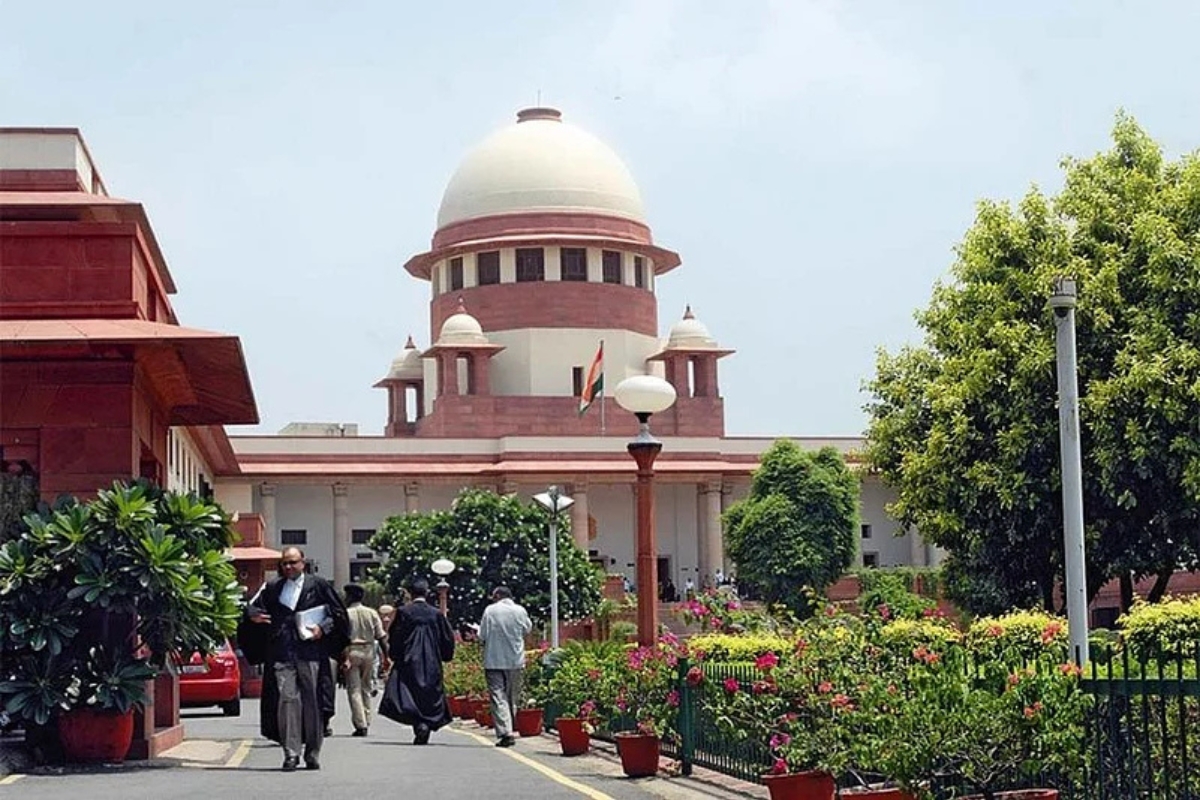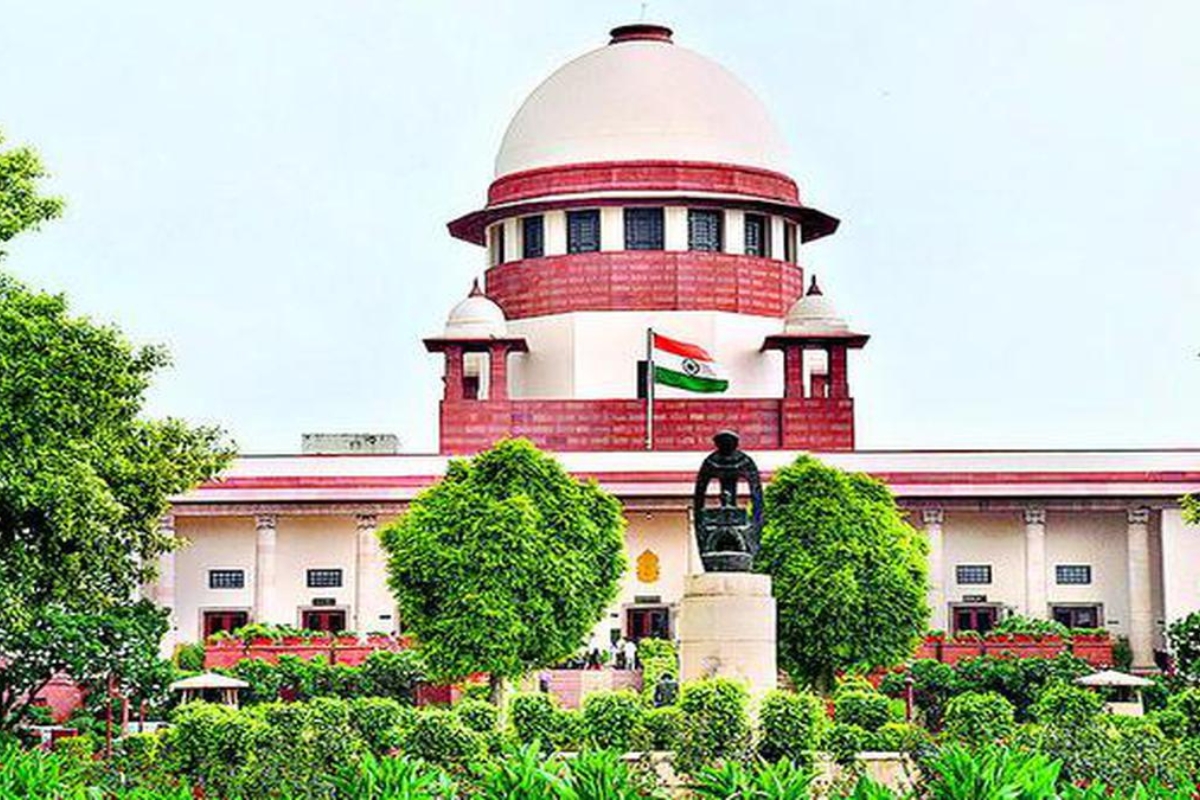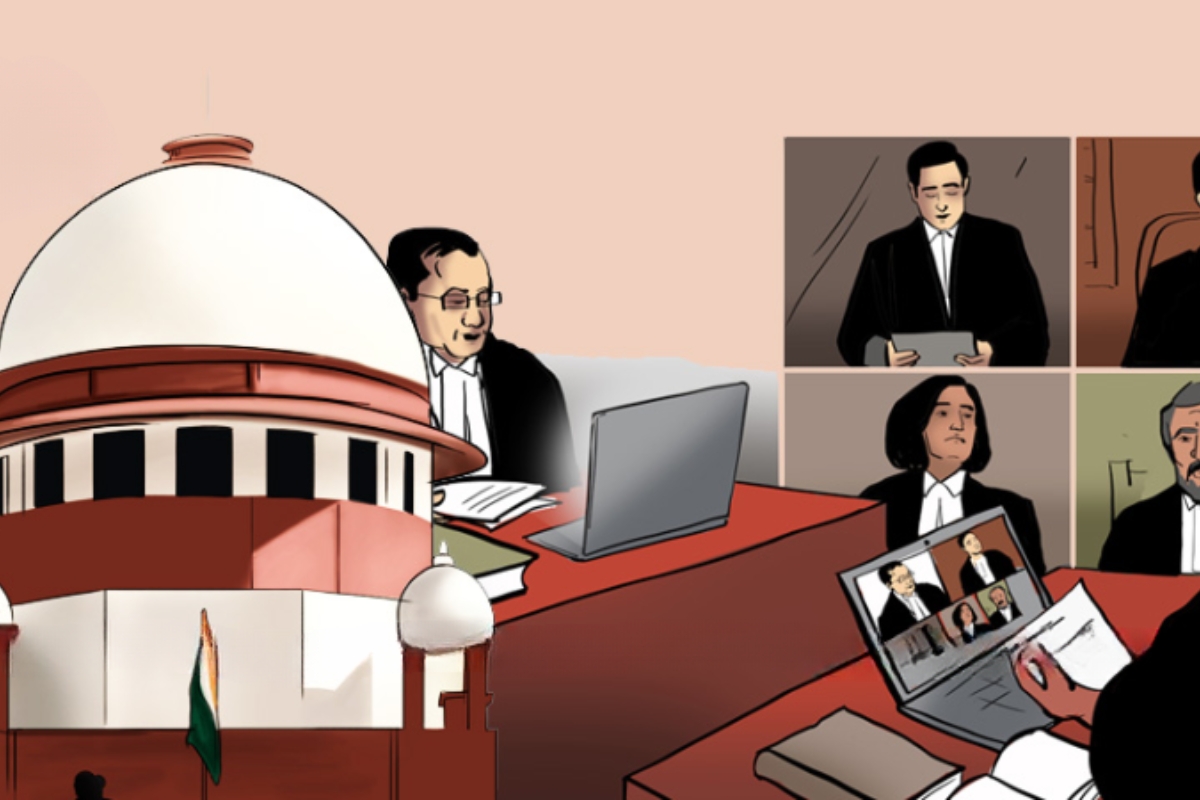In a groundbreaking ruling, the Supreme Court has reinforced that digital access is not just a privilege but a fundamental right, protected under Article 21 of the Indian Constitution. This decision comes as a ray of hope for many marginalised individuals, particularly acid attack survivors and persons with visual disabilities, who have faced significant challenges in completing mandatory digital KYC (Know Your Customer) procedures.
A Fight for Dignity and Equality
The case that led to this monumental judgment began in July 2023 when an acid attack survivor sought to open a savings account with a private bank. As part of the bank’s compliance with the Reserve Bank of India’s KYC regulations, she was required to undergo a “live photograph” verification that involved blinking her eyes. However, due to the severe facial disfigurement caused by the acid attack, she was unable to meet this requirement.

This problem is not isolated. Many individuals, including those who have suffered from acid attacks or are visually impaired, have been denied access to basic banking services because they couldn’t complete the mandatory KYC process. The lack of inclusivity in digital verification has become a barrier, making it clear that there is a need for urgent reforms.
A Step Toward Inclusivity and Accessibility
The petitioners, advocating for acid attack survivors and people with disabilities, argued that the current digital KYC system violated their fundamental rights under Articles 14 (equality), 15 (non-discrimination), and 21 (right to life) of the Constitution. They highlighted how the existing digital verification methods not only discriminated against these individuals but also deprived them of their right to access essential services, especially in an increasingly digital world.
The Supreme Court, in its judgment, recognised the significance of ensuring that digital services are accessible to everyone, irrespective of their physical condition. Justice JB Pardiwala and Justice R Mahadevan, who delivered the ruling, emphasised that digital identification systems must be restructured to accommodate individuals who face challenges such as facial disfigurements or visual impairments. The Court stressed that the right to digital access is an intrinsic part of the right to life and dignity under Article 21 of the Constitution.
A New Dawn for Digital Rights
The Supreme Court has set a powerful precedent by recognising digital access as a constitutionally protected right. In its judgment, the Court issued 20 directions aimed at revamping digital KYC processes to make them more inclusive. The Court called on the government to develop guidelines that would make KYC procedures accessible to everyone, ensuring that no individual is excluded because of physical disabilities.
By mandating that all institutions, both public and private, adopt these new, inclusive guidelines, the Court has ensured that the digital divide will no longer be a barrier to accessing essential services. In a world where digital services are becoming increasingly crucial for day-to-day living, this ruling marks a crucial step toward an equitable society where everyone has the opportunity to live with dignity and access services on equal terms.
Looking Ahead: The Need for Change

The Court’s decision also calls for a broader transformation of digital identification frameworks. The reality is that as our world becomes more dependent on digital processes, the need for accessible systems becomes even more critical. The ruling encourages a rethinking of how digital services, especially KYC protocols, should be implemented to ensure that they are fair and inclusive for all citizens, irrespective of their physical conditions.
Disclaimer: The views and opinions expressed in this article are for informational purposes only. The article is based on the Supreme Court’s ruling and the information available at the time of writing. The content is not intended to provide legal advice or opinions. Please consult relevant authorities or legal professionals for specific guidance.
Also Read:
Uniform Civil Code is Not Just Law, It’s Humanity, Says Karnataka HC
Evolution and Scope of Administrative Law
When Law and Love Unite: Supreme Court Applauds Piplantri Tree Tradition






